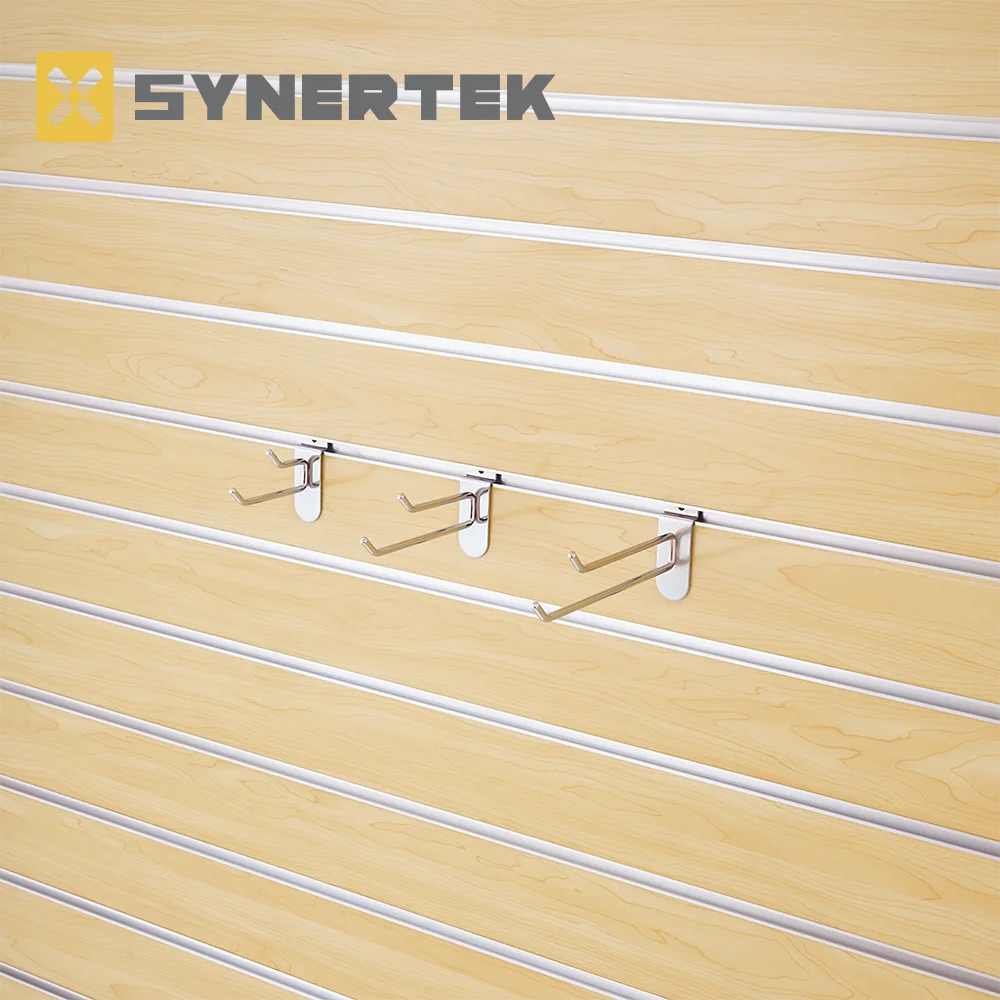Mortar, a vital component in construction, plays a crucial role in ensuring the stability and longevity of buildings. As a knowledgeable professional in various industries, I am here to shed light on the question that often arises in the minds of builders and homeowners alike: How many years does mortar last? In this comprehensive blog post, we will delve into the factors influencing the lifespan of mortar, explore different types of mortar, and provide expert advice on maintaining and extending its durability.
- Understanding Mortar:
Mortar, typically composed of cement, sand, and water, serves as a binding agent between bricks, stones, or other building materials. Its primary function is to provide structural integrity, prevent moisture penetration, and distribute loads evenly. The longevity of mortar depends on several key factors. - Factors Influencing Mortar Lifespan:
a) Climate and Weather Conditions: Extreme temperatures, freeze-thaw cycles, and excessive moisture can significantly impact the durability of mortar. Understanding the local climate is crucial in determining the appropriate mortar mix.
b) Mortar Composition: The ratio of cement to sand, as well as the addition of admixtures, greatly affects the strength and lifespan of mortar. Different types of mortar, such as Type N, Type S, or Type M, have varying compressive strengths and resistance to environmental factors.
c) Construction Techniques: Proper installation techniques, including correct mortar application, curing time, and joint finishing, contribute to the overall durability of mortar. Attention to detail during construction is essential for maximizing its lifespan.
- Lifespan of Mortar:
The lifespan of mortar can vary depending on the aforementioned factors. On average, well-maintained mortar can last anywhere between 25 to 50 years. However, it is important to note that this estimate is not definitive and can be influenced by external factors. - Extending Mortar Lifespan:
a) Regular Maintenance: Periodic inspections and maintenance can help identify and address any issues before they escalate. Repairing cracks, repointing joints, and applying protective coatings can significantly extend the lifespan of mortar.
b) Proper Drainage and Ventilation: Ensuring proper drainage systems and adequate ventilation in the building can prevent moisture buildup, which is one of the leading causes of mortar deterioration.
c) Appropriate Cleaning Techniques: Using gentle cleaning methods and avoiding harsh chemicals can help preserve the integrity of mortar. Pressure washing should be done with caution to prevent damage.
d) Professional Consultation: Seeking advice from experienced masons or construction professionals can provide valuable insights into specific mortar requirements and maintenance techniques based on regional conditions.
Conclusion:
In conclusion, the lifespan of mortar is influenced by various factors, including climate, composition, and construction techniques. By understanding these factors and implementing proper maintenance practices, it is possible to extend the durability of mortar. Remember, regular inspections, timely repairs, and expert guidance are key to ensuring the longevity of mortar and the overall stability of your construction projects.


